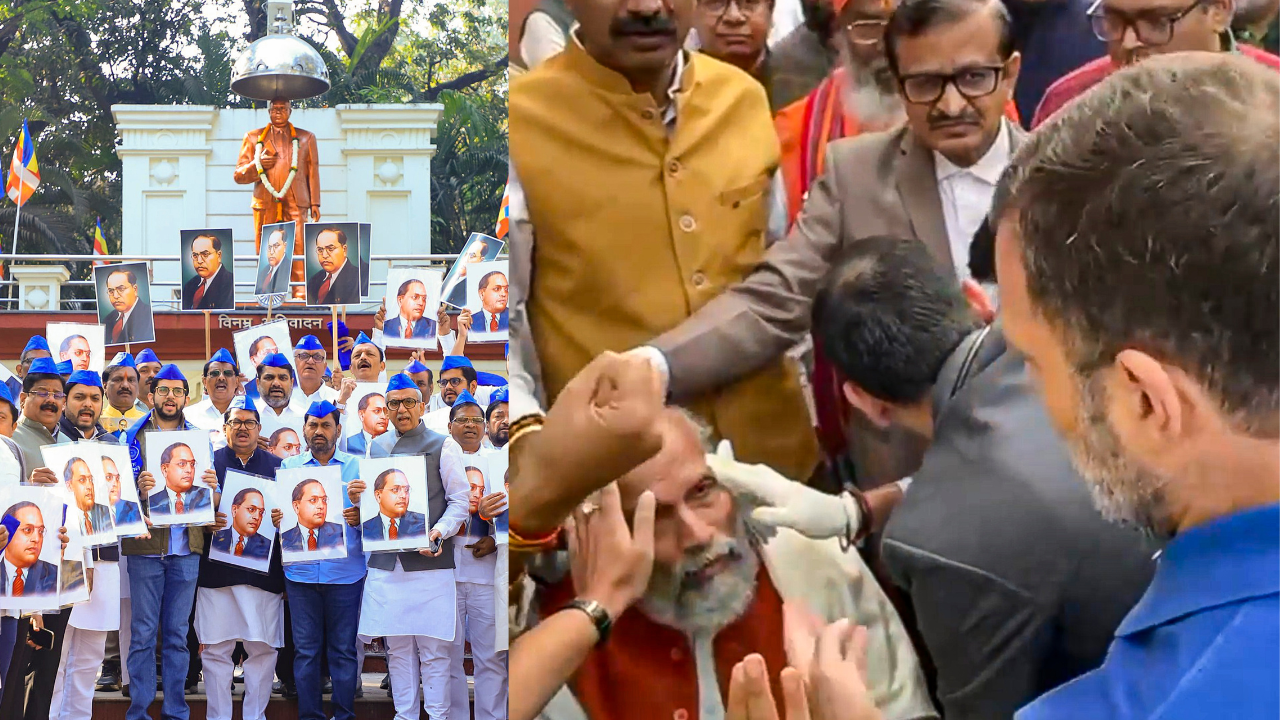
HAGUE: World Health Organization Director-General Tedros Adhanom Ghebreyesus on Friday said that the climate crisis threatens to only exploit and exacerbate division and polarisation.
Taking to X, WHO Chief Ghebreyesus shared his experience testifying about the impact of climate change at the International Court of Justice and reiterated that the world needs peace justice and collaboration.
“We live in a time of geopolitical turbulence. The #ClimateCrisis threatens to only exploit and exacerbate division and polarisation. It was an honour and an inspiration to testify about the impact of the climate crisis on health at the International Court of Justice, Peace Palace in The Hague last week, as peace, justice and collaboration is what our world needs more than ever,” Ghebreyesus said on X.
According to WHO, Climate Change is expected to cause approximately 250 000 additional deaths per year from malnutrition, malaria, diarrhoea and heat stress alone between 2030 and 2050.
The direct damage costs to health are estimated to be between US$ 2-4 billion per year by 2030. Areas with weak health infrastructure – mostly in developing countries – will be the least able to cope without assistance to prepare and respond.
WHO states that the Greenhouse gas emissions that result from the extraction and burning of fossil fuels are major contributors to both climate change and air pollution.
Meanwhile, India remains committed in its fight against Climate Change as Union Minister for Environment, Forests, and Climate Change Bhupender Yadav on December 3 outlined India’s efforts to address land degradation and desertification, aligning with the objectives of the UN Convention to Combat Desertification (UNCCD).
While delivering India’s statement during the Ministerial Dialogue on Drought Resilience at CoP16 of the UNCCD in Riyadh, Saudi Arabia, the minister described India’s journey in combating land degradation and desertification.
“Our journey represents a transformative narration of commitment, innovation, and sustainable development. From global recognition of land degradation as a critical environmental challenge at CoP 5 to emphasising community-driven land restoration at CoP 10, and thereafter the recognition of land restoration as a critical climate change strategy at CoP 14, to the global commitment to restore degraded lands at CoP 15, we have all been equal partners in this journey,” he said. (ANI)








